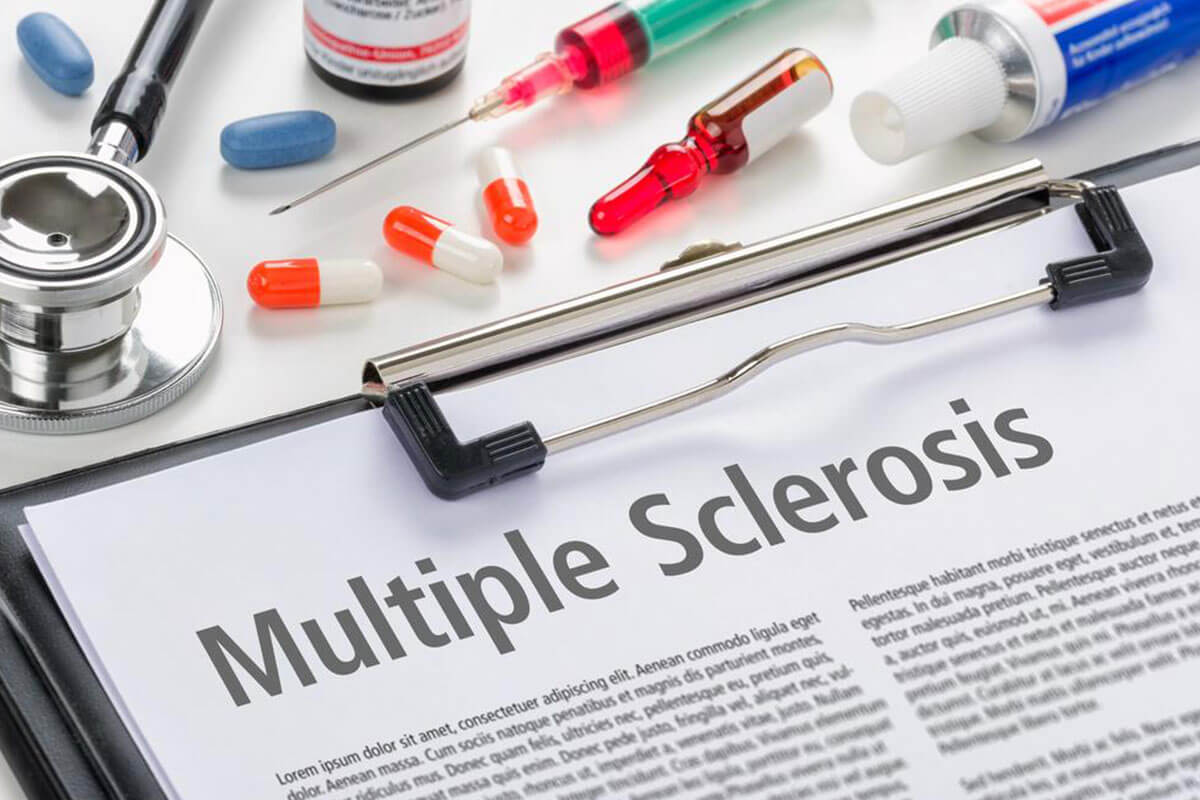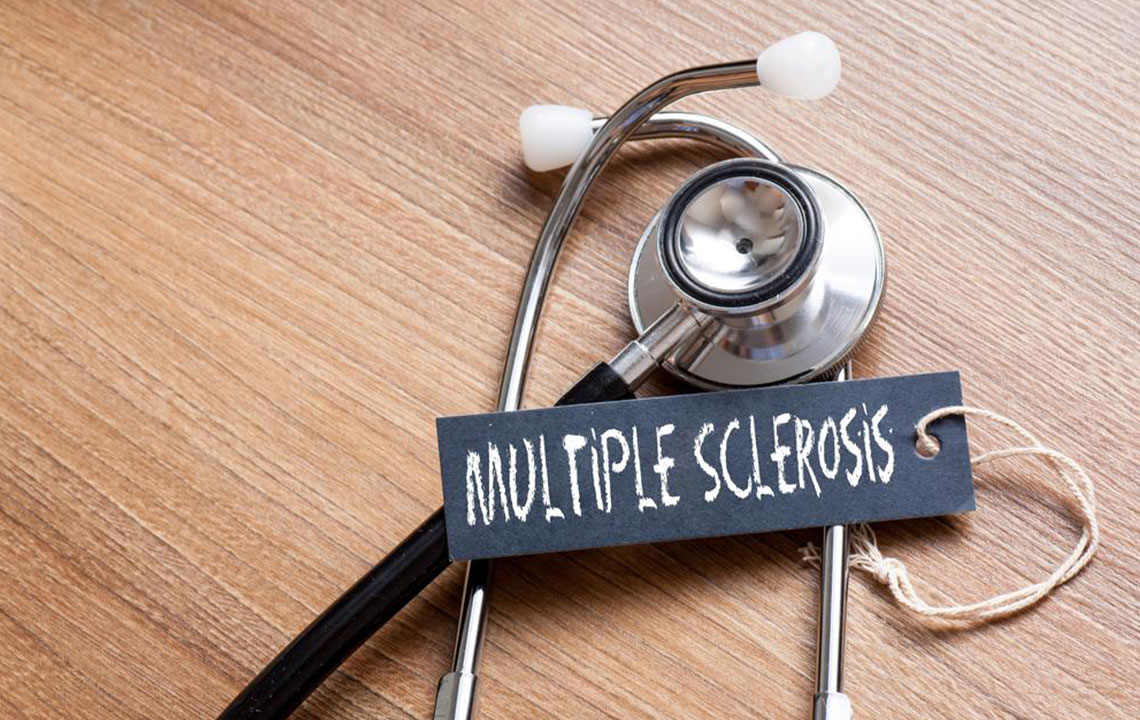Emerging Therapies Show Promise for Multiple Sclerosis Management
This article explores the latest promising therapies for multiple sclerosis, highlighting innovative medications like Ampyra, Aubagio, Tecfidera, and novel approaches such as therapeutic patches and cognitive therapies. While a cure is unavailable, these advancements enhance symptom management, slow disease progression, and improve patients' quality of life. The ongoing research and new treatments are contributing to a brighter future for those living with MS, offering hope and improved care options.
Sponsored

With a growing array of treatments available, patients and doctors need to understand which options are most effective.
Multiple sclerosis (MS) is a lifelong condition affecting the nervous system, characterized by damage to the myelin sheaths around nerves. This damage causes signals to slow or stop, leading to a variety of symptoms. As the myelin deteriorates, patients may experience mobility issues, vision problems, cognitive decline, and other neurological symptoms that impact quality of life.
Because MS symptoms vary widely, treatment plans must be tailored to each individual. While a universal cure remains elusive, numerous innovative treatments can help manage the disease. These include medications aimed at reducing relapses, slowing progression, and improving overall function. Combining drug therapy with behavioral support and patient groups can enhance emotional well-being and coping strategies.
Recent advances include several promising medications and therapies:
Ampyra
Known as Dalfampridine, Ampyra is a potassium channel blocker designed to improve nerve signal transmission. It especially targets mobility issues caused by nerve conduction problems, helping to enhance walking speed and leg strength based on studies by the National MS Society.
Teriflunomide
Marketed as Aubagio, this oral disease-modifying drug has been used since 2012 to slow MS progression and decrease relapse rates by modulating immune activity.
Dimethyl Fumarate
Brand name Tecfidera, approved in 2013, is prescribed mainly for relapsing-remitting MS. It prevents immune attacks on myelin, reducing new lesions and disease activity.
Therapeutic Patches
Research indicates that myelin peptide patches applied over a year can decrease relapses and lesion formation, offering a promising non-invasive treatment approach for MS patients.
Story-Based Cognitive Therapy (mSMT)
Studies from the Kessler Foundation show that modified storytelling techniques can enhance cognitive functions in MS sufferers, improving quality of life and mental resilience.
Research continues to seek a cure for MS, fueled by ongoing funding and innovation. While complete remission remains a goal, current treatments significantly improve disease management, providing hope for affected individuals.






